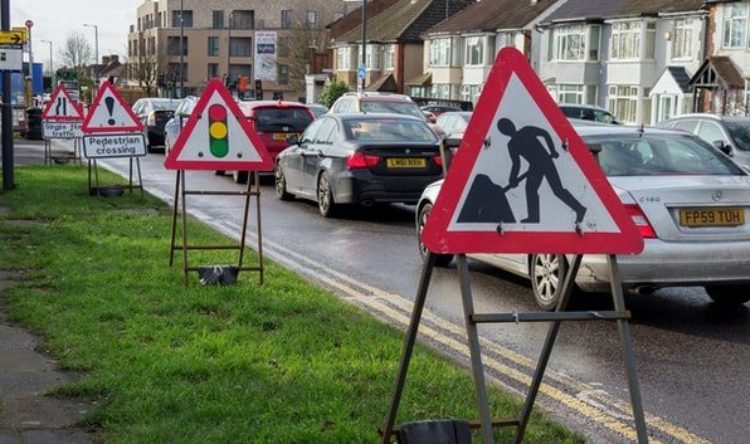Restart nerves
Instructors, learners and parents are out of practice and tentative
Driving lessons and testing are now in full swing throughout England, Wales and Scotland.
With the lack of practice over the last twelve months, learners and instructors are bound to be keen, a little out of practice and, dare we say, nervous.
Waiting times
A survey of 150 driving instructors by Young Driver reveal that getting lessons booked could be tough. Eight out of 10 instructors said they had a waiting list of, on average, 10 learners they can’t currently fit in the diary. Half (47%) said they would struggle to provide as many lessons as learners wanted and one in three (36%) said learners who haven’t started learning yet may have to wait months for their first lesson.
That means it is likely that more learning will have to be done away from professional tuition. Parents are likely to take some of the strain, along with online aids.
Digital help
“We could see this was going to be a big problem post-lockdown,” says Sue Waterfield, head of marketing at Young Driver. “We have created and launched the first set of 360° virtual driving lessons, accessible via an app.”
The Young Driver App can be watched on a smartphone or VR headset. The videos, which are rotatable so they can be seen from every angle, are filmed with Approved Driving Instructors, with a voiceover written and narrated by Quentin Willson.
Dealing with teenagers
Young Driver has also worked with teen expert, award-winning author and international speaker Nicola Morgan. Together they have pulled together some advice:
- Show you trust your child with responsibility. Showing you trust them behind the wheel of your car is a confidence boost in its own right, especially in a world where we are so often not allowed to take ‘risks’ because of safety concerns.
- Offer genuine and specific praise – but only for something they really did. Saying “You did really well” when they didn’t will not help as they’ll see through it. Young people almost always need the approval of their significant adults, even if they may not say so! Pinpoint specific things they did well or any good questions they ask.
- Praise effort not talent. You might think that saying “You’re really good at this” would be confidence-boosting. However, comparing them against other people will engender competition. Also, the positive feeling wears off as they start to think they are good at it by luck – they lose ownership. “Well done – you listened really well/ worked really hard/ really got the hang of that” all work better as motivators.
- Speak to them like an adult. Although you don’t have to be all matey and fun and jokey! You know driving is serious and you want them to think it’s serious, too.
- Listen to them when they express an emotion, fear or worry. Validate it: “Lots of people worry about that”, “I used to worry about that,” “It’s actually good that you’re nervous about that because it means you’ll concentrate”. Never dismiss it.
- Emphasise that everyone has good and bad days. If they are tired or stressed encourage them to leave their worries at the door and treat the driving lesson as a positive, energising experience. Driving is an activity which occupies enough of their concentration that they cannot simultaneously be dwelling on whatever other worries they have.
- Help them realise that struggling with something is still helping them learn. Praise them for keeping trying even when they were struggling. It all helps – in fact during overnight sleep, we improve the physical skills practised during the day.
- Practice makes perfect – even if it’s on the screen. There’s a theory that mirror neurons in our brain fire when we watch someone do something. This may help us later perform that action ourselves. Watching a driving instructor perform an action in a 360° video might well improve speed and efficacy of acquiring driving expertise.
*Research conducted on behalf of Young Driver by TLF, with a national representative sample of 1,000 UK motorists.







